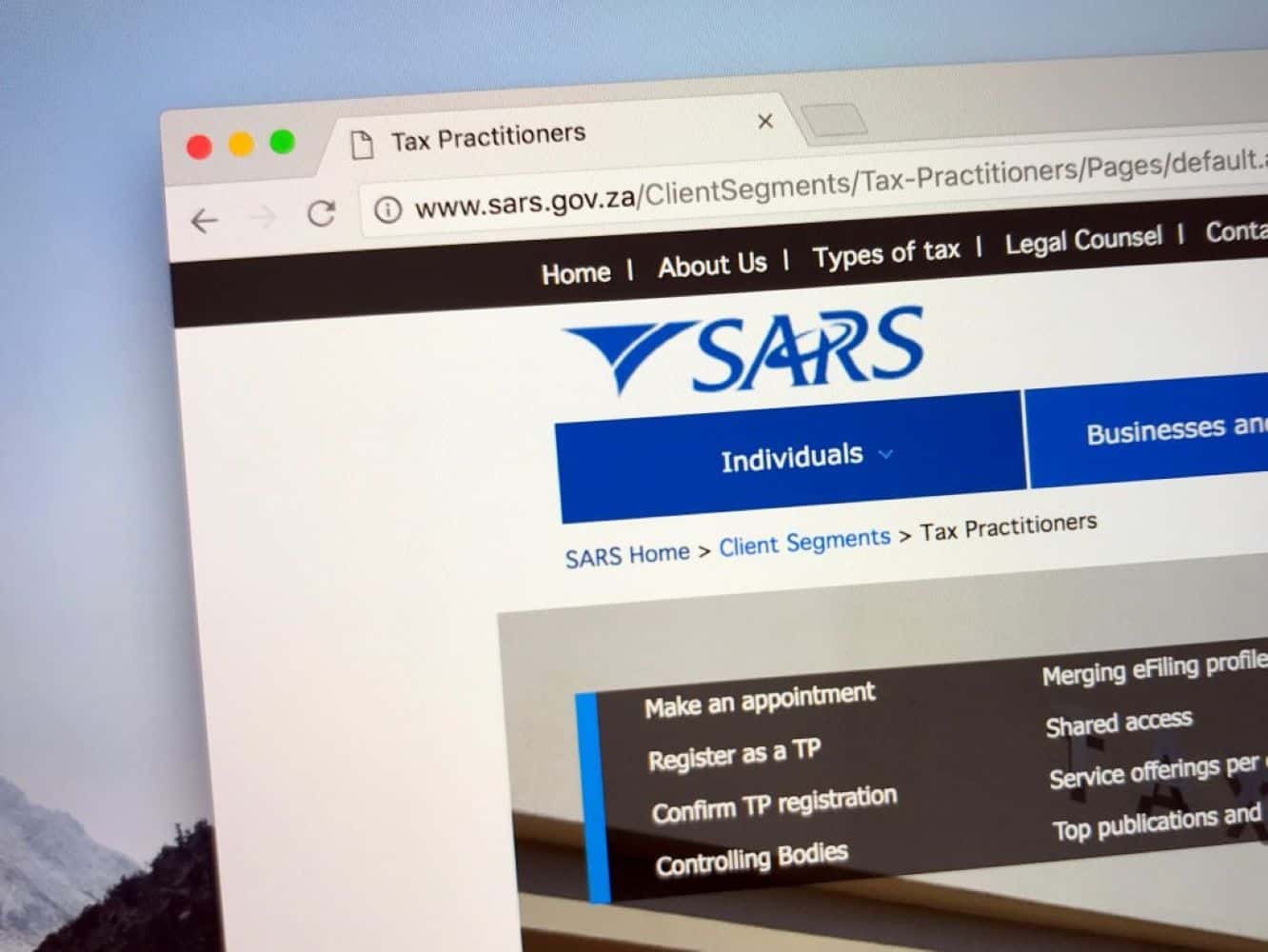Only undisputed tax debt will be eligible for compromise.

Many taxpayers with outstanding tax debt will soon have an opportunity to participate in an “expedited” tax-debt compromise process with the South African Revenue Service (Sars).
The compromise will only be extended to undisputed tax debt where the taxpayer and Sars agree that there is a debt, but the taxpayer is simply unable to pay the amount in full.
Sars has teamed up with recognised controlling bodies (RCBs) such as the South African Institute of Chartered Accountants (Saica), the South African Institute of Professional Accountants (Saipa), and the Chartered Institute for Business Accountants (Ciba).
It appears the long-term outstanding debt linked to taxpayers represented by registered tax practitioners is more than R96 billion.
This amount may include cases under review or subject to revised assessments.
“It reflects the scale of the compliance challenge, and the opportunity to recover substantial funds if the process is managed pragmatically,” says Nicolaas van Wyk, CEO of Ciba.
ALSO READ: Draft report on eFiling hijacking: Almost 16 000 cases and R21 million
Debt compromise
The Tax Administration Act (TAA) allows Sars to accept part-payment as full settlement if the taxpayer cannot pay the total and the compromise serves the best interest of the fiscus.
Once approved and the terms met, the balance is written off. If the taxpayer defaults, Sars can reinstate the full debt.
Van Wyk says Sars has been managing a large backlog of long-term debts, some more than a decade old. “Traditional enforcement has had limited returns. Launching a targeted, time-bound campaign allows Sars to recover funds faster, tests its modernised systems, and rebuild trust with taxpayers.”
He adds that this limited-time solution could recover billions for South Africa while helping distressed taxpayers settle old debts fairly.
A dedicated single point of entry at Sars will be made available for applications from Monday (13 October). The tax-debt compromise process will start with RCBs but could be considered for all taxpayers. Applications close on 31 December.
The process will apply to undisputed tax debts older than 12 months.
Disputed debts, where the amount or basis is contested, follows its own objection-and-appeal system.
“Separating the two avoids legal complexity and allows Sars to deliver quicker relief,” says Van Wyk, explaining why only undisputed tax can be eligible for compromise.
Entities undergoing deregistration from the Companies and Intellectual Property Commission, those subject to criminal investigation, and those in business rescue are excluded.
Sars will require “comprehensive relevant supporting documentation” with the applications.
“It is important that disclosures are accurate, failing which Sars may not even consider such applications,” the revenue service warns.
It undertakes to finalise the qualifying applications within four weeks.
ALSO READ: Pay your debt as soon as possible, says Sars
A bridge
Van Wyk says tax practitioners are seen as the bridge between Sars and taxpayers. They can identify qualifying clients, prepare financial disclosures, and ensure that applications comply with the specific provisions in the TAA.
“Because this expedited process is channelled through RCB-registered practitioners, their professionalism and technical accuracy are critical to the campaign’s success,” says Van Wyk.
He does, however, foresee some practical hurdles.
These include limited practitioner capacity in small firms, incomplete taxpayer disclosures, and – with the application deadline less than three months away – tight timelines.
And although Sars has pledged to finalise qualifying cases within four weeks, high volumes could strain capacity.
Help desk
Ciba has launched a centre for debt management (a help desk) for taxpayers and tax practitioners participating in the expedited compromise process.
This tax debt management facility will assist with confidential consultations, technical guidance, and the escalation of issues or bottlenecks with Sars.
The assistance will be available to particularly small businesses that lack access to advisory teams, says Van Wyk.
ALSO READ: Haven’t filed your tax return yet? Here’s how to avoid mistakes
The costly alternative …
Sars warns that taxpayers who remain non-compliant, and those not forming part of the compromise process, will be subject to normal enforcement actions.
To make non-compliance hard and costly, Sars may resort to court orders allowing it to seize the person’s property or money if they did not comply.
AI to help?
Ciba welcomes the collaborative approach and has proposed the introduction of a tax practitioner artificial intelligence platform as part of Sars’s technology-modernisation drive.
This could help practitioners reduce errors and ensure that only rightful deductions are claimed.
It could also assist in guarding against fraudulent value-added tax refund claims and assist with correct third-party data verifications.
This article was republished from Moneyweb. Read the original here.






